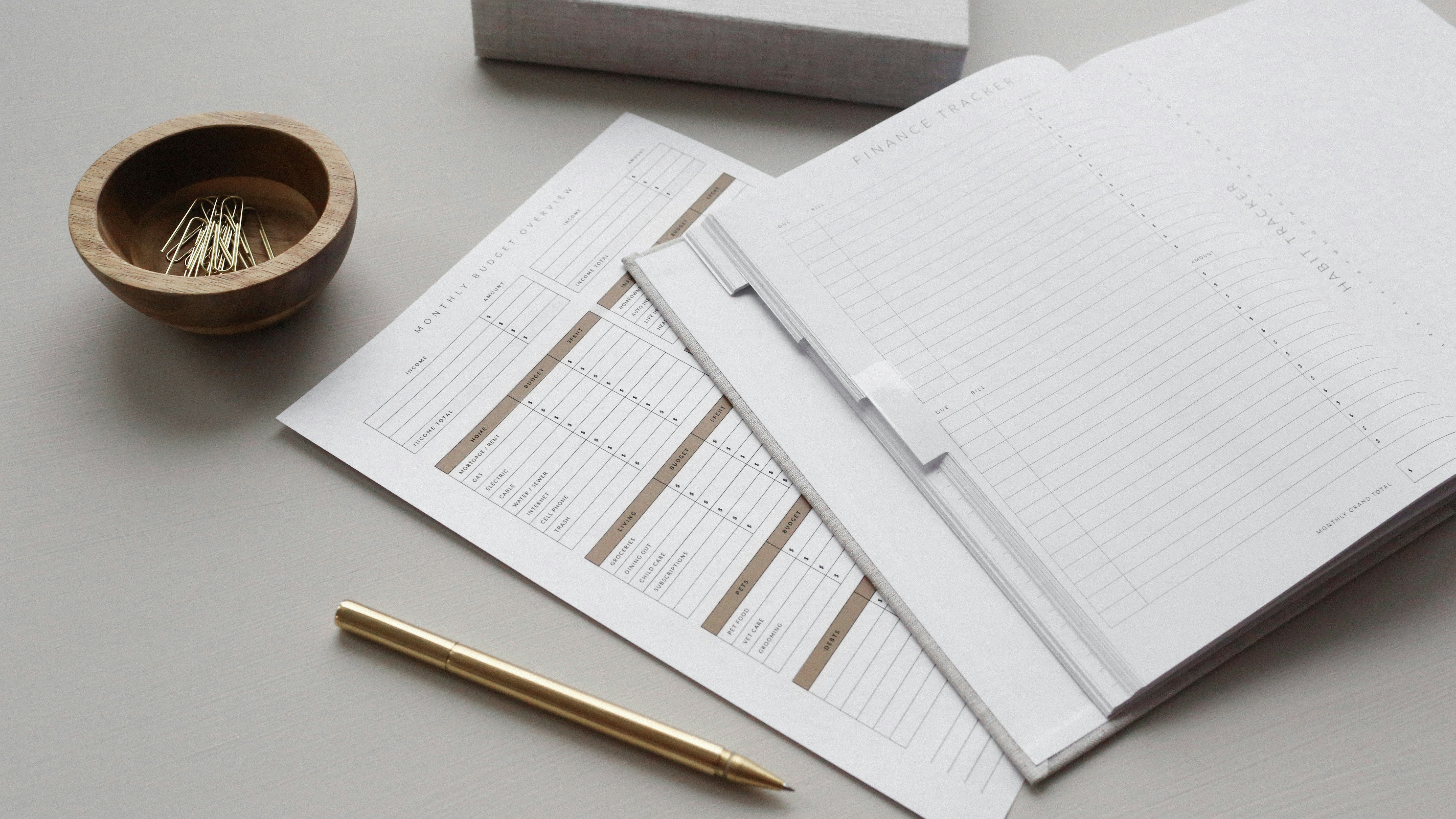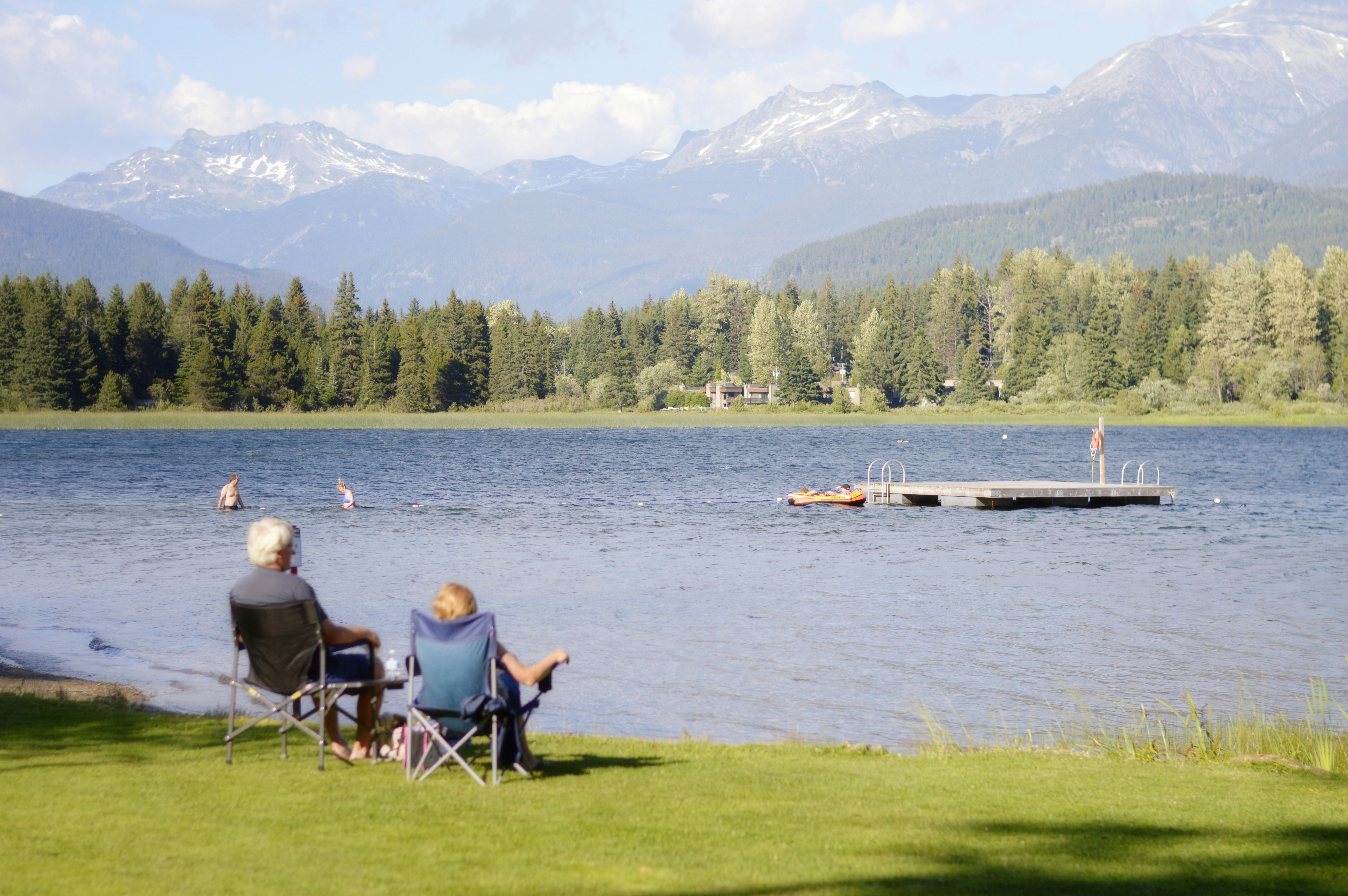Financial stress is crippling for many people. The constant worry over finances has led to divorces, addictions, and severe depression. You may desperately want a better financial future, but you have no idea how to get there. Every time you think you’re on the right path, something happens that throws you back into crisis mode. Here are five steps to take for a better financial future.
Step 1: Get professional help.

The first step to a better financial future is getting help. A financial planner or financial analyst can look at your overall situation and provide you with advice and direction on what exactly you need to do to accomplish your goals. A financial analyst can give insight into a reasonable timeline given you follow the financial plan you create.
Alastair Barnes is a financial analysis with a background in equity research and debt analyst. Professionals like Barnes can look at the whole financial picture and see the elements that can be changed, altered, and improved. Barnes’s education and experience make him a reliable professional and an asset to people that have the motivation and financial goals but lack the know-how.
Step 2: Learn how to budget.

Learning how to budget is a necessary life skill that you need to learn to build any kind of positive financial future. Creating a budget will allow you to be mindful of your spending habits, identify problems quickly, and make financial decisions based on facts, as opposed to feelings.
People often view budgets as restricting, but they are the opposite. Your budget will show you when you can splurge. Your budget will show you where you need to cut back if you want to save up for something special. Your budget will ensure you have the money to pay your necessary bills each month before any discretionary spending to prevent a financial crisis.
Step 3: Pay off your debt.

While savings is critical, pouring money into savings while paying on massive debt is like trying to stop a boat from capsizing with a mop bucket. Having money in savings is counterproductive if you are spending hundreds or even thousands of dollars a month in interest and late fees on your debt payments. There are many approaches to paying off debt. Some choose to start with the smallest debt and work their way up, while others prefer the debt with the highest interest rate and work their way down.
The longer you are paying interest in the debt, the more money you are losing. Another option is to choose a viatical settlement to pay off all of your debt at once. Companies like American Life Fund offer viatical settlements; they will provide you with a lump sum to buy your life insurance policy. You get a chunk of money, and they get paid out when you pass. This isn’t an option for everyone due to conditions on these settlements, but if you qualify, you could be debt-free and living a better financial life within weeks.
Step 4: Build an emergency fund.

Not having an emergency fund means you will always be one emergency away from a financial crisis. You should have at least $1000 tucked away for an emergency. Once you are further along on your path to a better financial future, you can increase your emergency fund to have two to three months’ worth of expenses saved.
With that amount in savings, you won’t have to worry about unexpected car problems, damage to your home or property, a medical emergency, or job loss. You’ll have peace of mind knowing you can pay your bills for at least a couple of months until you can get yourself back on track.
Step 5: Create a retirement plan.

If you are living paycheck-to-paycheck, you may not think retirement will even be an option. However, the reality is there will come a time when you are no longer able to work the way you do now, and retirement will be your only option. There are many options, and you can get creative, depending on the type of retirement you want to live.
For some, retirement means saving enough money to pay cash for a small cottage, condo, or RV and choosing to live a minimalist life. For others, retirement means having significant investments and living a life of luxury.




